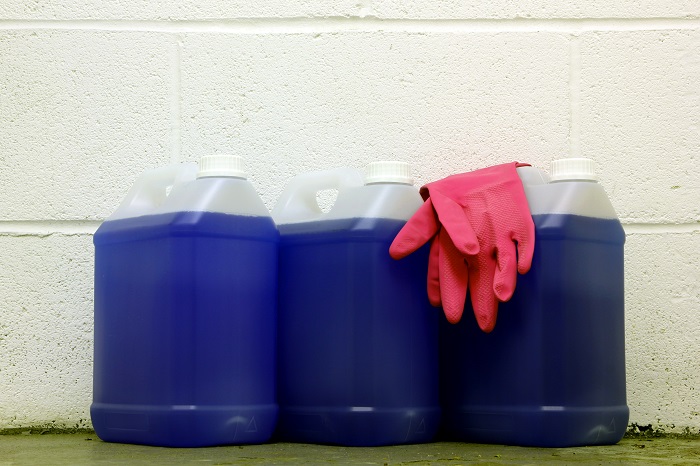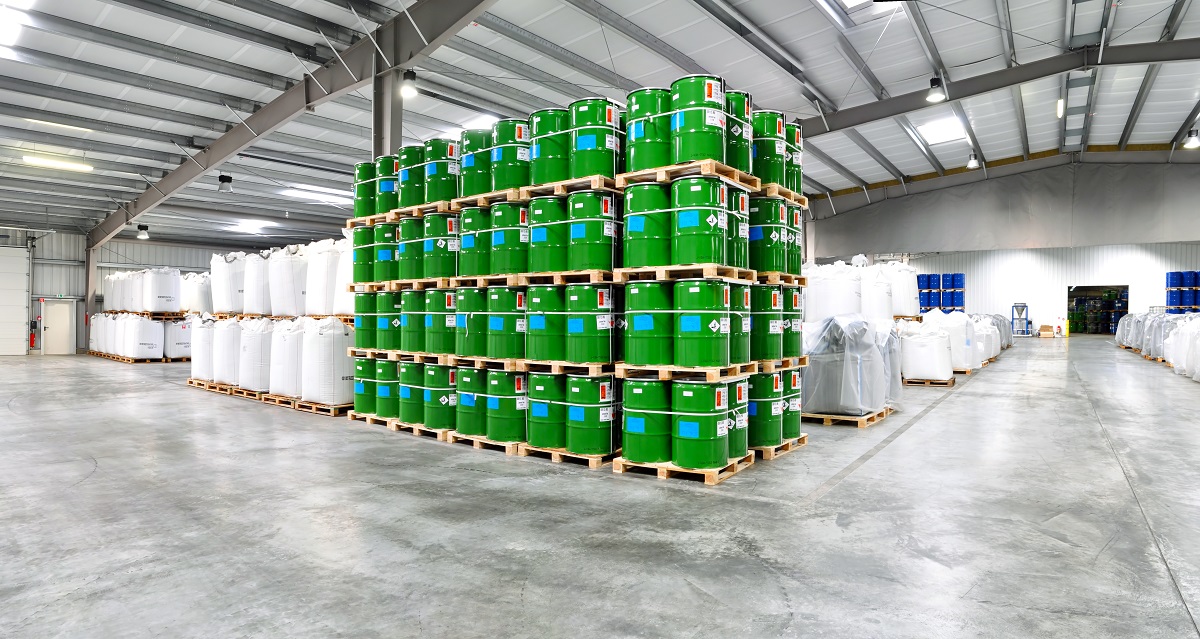VOCs, or volatile organic compounds, are a class of chemicals found in many products, such as cleaning supplies. These organic chemical compounds...
Blog


CHEMICAL INDUSTRY NEWS
Chemical Chat – Discover What’s New!
Types of Fouling in a Heat Exchanger
Heat exchangers are used in industrial settings to transfer heat away from a system, usually by pumping it through a set of coils or membranes...
How to Reduce Fouling in a Cooling Tower
If you’ve ever walked outside on a hot day or exercised hard enough to feel warm, then you are familiar with the body’s natural tendency to sweat....
Where Can I Find MEK?
Methyl ethyl ketone, also known as MEK and 2-butanone, is a nonpolar, organic solvent traditionally utilized as a...
Types of Fouling in a Heat Exchanger
Heat exchangers are used in industrial settings to transfer heat away from a system, usually by pumping it through a...
Company News

Managed Services
Discover the Latest in Safe and Sustainable Chemical Solutions
Stay informed with Ecolink’s blog! Subscribe now
Chemical Management Information
Stay updated with us
Sign Up for the Latest Updates
Stay informed about chemical supply chain disruptions and emerging innovations to keep your business at the forefront of efficiency and innovation. Uncover new ways to make your business practices more sustainable by incorporating safer products into your cleaning lineup.


























